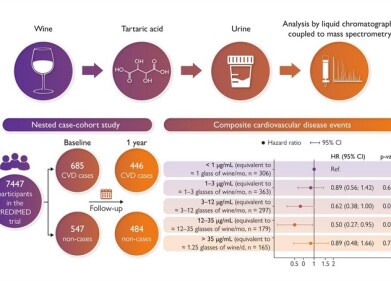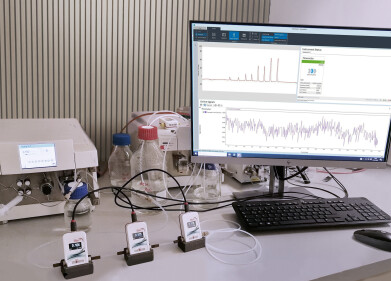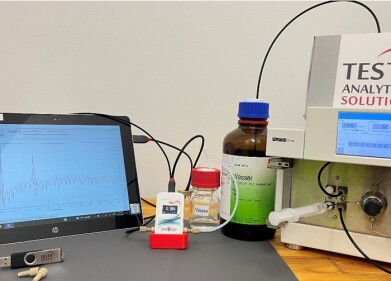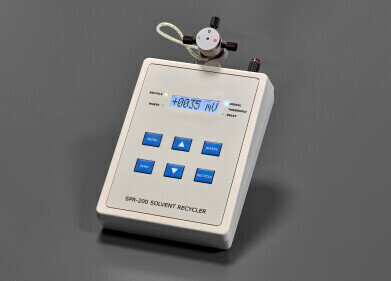Chromatography
How Are Caesarean Births Affecting Evolution?
Dec 26 2016
Today, one in four babies are delivered by caesarean. Now scientists are starting to see the after-effects of the trend, and maintain that the regular use of C-sections is having a slow yet steady impact on human evolution.
While in the 1960s cases where the baby was unable to be delivered via the birth canal were around 30 in 1000, today the figure has jumped to 36 in 1000. This represents a .3% to .6% increase over 50-60 years. Pre-modern medicine, these narrow pelvis genes would not have been passed down from mother to child, as both would have died during labour.
The physiological effects of modern medicine
Austrian researchers have been exploring the trend, and while they’ve noticed a pattern they don’t predict that non-surgical births will become completely superseded. Dr Philipp Mitteroecker fronted the study, which was carried out by the University of Vienna’s Department of Theoretical Biology. He admits that while scientists do have some understanding of human evolution, insight is by no means comprehensive.
"Why is the rate of birth problems, in particular what we call fetopelvic disproportion - basically that the baby doesn't fit through the maternal birth canal - why is this rate so high?" he asks. "Without modern medical intervention such problems often were lethal and this is, from an evolutionary perspective, selection.”
He goes on to explain that 100 years ago, women with abnormally narrow pelvises wouldn’t have survived birth. Now, caesareans have revolutionised delivery, and mothers are passing on genes to their daughters.
Opposing evolutionary forces
Drawing on data from the World Health Organisation and other global birth studies, the researchers honed in on conflicting evolutionary forces. One identified a trend towards larger foetuses, which are statistically healthier. However this can also lead to problems with the birth canal, which can prove to be fatal for both mother and baby.
"One side of this selective force - namely the trend towards smaller babies - has vanished due to Caesarean sections," explains Dr Mitteroecker. "Our intent is not to criticise medical intervention," he said. "But it's had an evolutionary effect."
So what will the long-term effects be? Mitteroecker predicts that the evolutionary trend will continue, but at a slight and slow pace.
New technologies are continually advancing modern medicine, and saving lives. ‘Resurgence in Fluorinated Chiral Polysaccharide Phases for Supercritical Fluid Chromatography’ underscores a recent pharmaceutical drug discovery, and its role in augmenting the enantioseparation process.
Digital Edition
Lab Asia 31.6 Dec 2024
December 2024
Chromatography Articles - Sustainable chromatography: Embracing software for greener methods Mass Spectrometry & Spectroscopy Articles - Solving industry challenges for phosphorus containi...
View all digital editions
Events
Jan 22 2025 Tokyo, Japan
Jan 22 2025 Birmingham, UK
Jan 25 2025 San Diego, CA, USA
Jan 27 2025 Dubai, UAE
Jan 29 2025 Tokyo, Japan



















